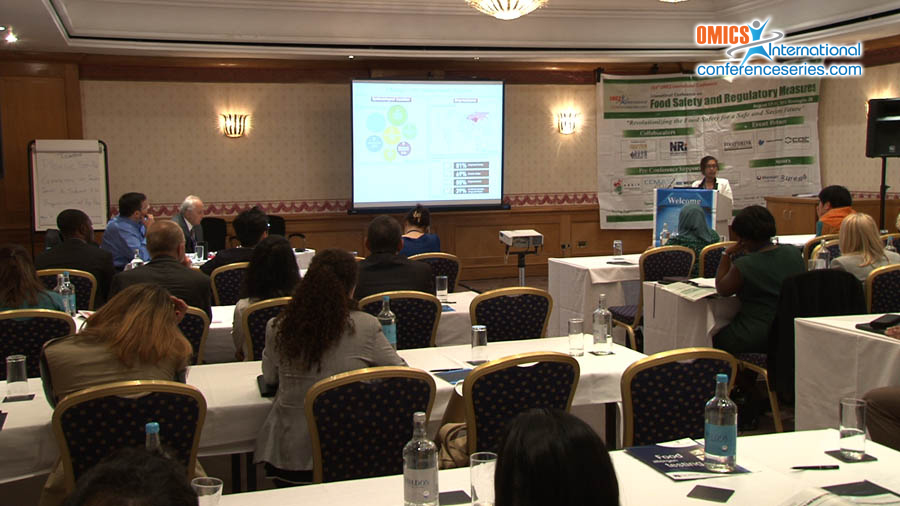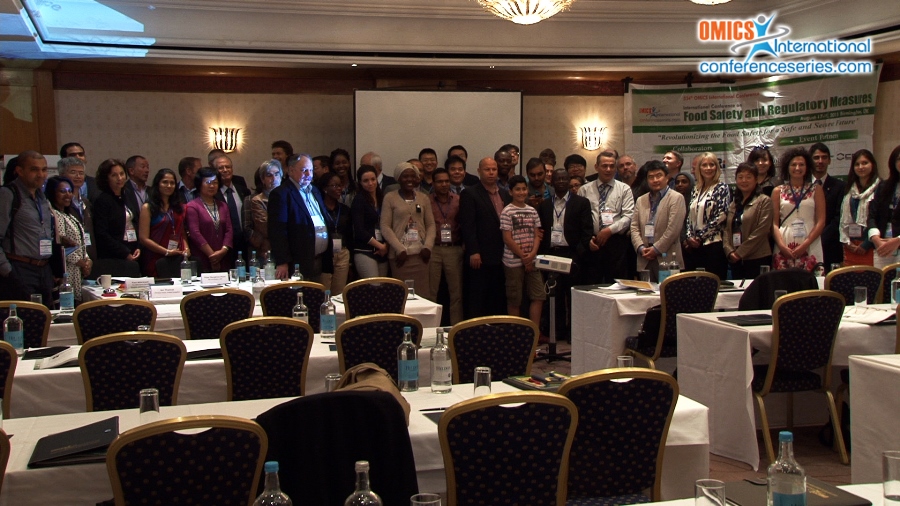
M. Chaliha
University of Queensland
Australia
Title: Metabolomic profiling of Kakadu plum (Terminalia ferdinandiana) – A native plant of Australia
Biography
Biography: M. Chaliha
Abstract
Kakadu plum (KP, Terminalia ferdinandiana) is a traditional food that has been consumed for its nutritional and therapeutic value by indigenous Australians for thousands of years. A rise in the incidence of chronic and degenerative diseases has been remarkably prevalent in developing countries, posing an enormous challenge in allocating limited resources to competing health concerns, heralding an urgent need to examine novel therapeutic approaches including dietary intervention, to combat debilitating health issues. One major research trend is the search for functional foods and ingredients from plants with enhanced bioactive and nutritional properties. Recent studies have indicated the presence of high levels of ascorbic acid and ellagic acid in KP fruit, making it a rich source of antioxidants and an ideal candidate for further investigation to explore its potential.
GC-MS based non-targeted metabolite profiling of polar extracts of the KP fruit, seeds and leaves identified 158 chemically diverse metabolites including amino acids, organic acids, phenolic acids, esters and sugars. As expected ascorbic acid and gallic acid (with anti-oxidant anti-fungal, anti-viral properties) were detected in the samples. Previously unreported metabolites such as galacturonic acid, rhamnose, xylitol, xylulose, maltose, myo-inositol and palatinose have been tentatively identified in KP extracts.
Understanding the KP metabolites will help in identifying new sources of therapeutics that target the debilitating oxidative and inflammatory cascade which is the hallmark of many chronic degenerative disorders. This enhanced knowledge will greatly assist in developing more strategic uses of KP in such diverse industries of functional food, pharmacology, nutraceutical, and cosmetic






